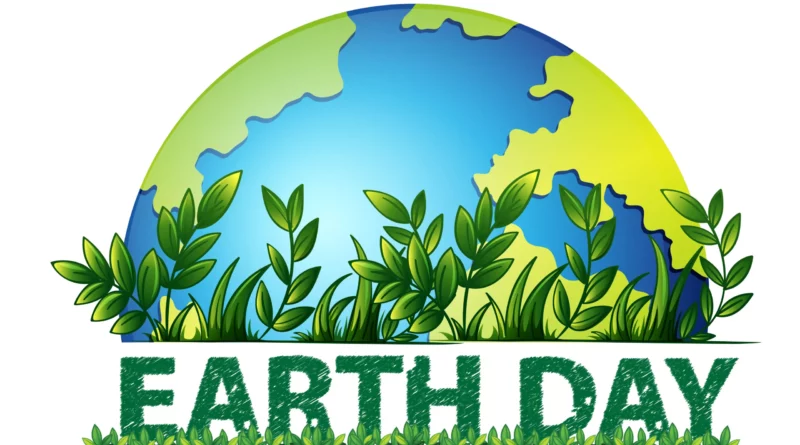History Of Earth Day
Earth Day is an annual event celebrated on April 22 to promote environmental awareness and inspire action to protect the planet. The history of Earth Day dates back to 1970 when a group of concerned citizens in the United States came together to raise awareness about the environmental issues that were threatening the planet.
At the time, there was growing concern about the negative impacts of industrialization and pollution on the environment. Rachel Carson’s book, “Silent Spring,” had recently been published, which highlighted the harmful effects of pesticides and other chemicals on the natural world.
In response to these concerns, Senator Gaylord Nelson, a Democrat from Wisconsin, proposed the idea of a national day of environmental education and activism. He enlisted the help of environmental activist Denis Hayes to organize the first Earth Day on April 22, 1970.
The first Earth Day was a huge success, with millions of people participating in rallies, protests, and educational events across the United States. The event was intended to be a one-time event, but it was so successful that it led to the creation of the Environmental Protection Agency and the passage of several landmark environmental laws, including the Clean Air Act, the Clean Water Act, and the Endangered Species Act.
Since then, Earth Day has become an annual event celebrated in more than 190 countries around the world. The event is an opportunity for people to come together to raise awareness about environmental issues and promote sustainable living.
Each year, Earth Day has a specific theme or focus, such as climate change, biodiversity, or plastic pollution. The theme for Earth Day 2021, for example, was “Restore Our Earth,” which focused on the importance of restoring degraded ecosystems and reducing carbon emissions.
In addition to raising awareness, Earth Day is also a time for action. Many people use Earth Day as an opportunity to make changes in their own lives that can help to reduce their environmental footprint. This might include things like reducing energy consumption, using public transportation, buying locally sourced food, or starting a garden.
Earth Day has also become a global movement for protecting the planet. In recent years, the event has been used as a platform for advocating for policy changes that can help to address environmental issues on a larger scale. For example, in 2016, the landmark Paris Agreement on climate change was signed on Earth Day.
Earth Day is a global event that aims to raise awareness about environmental issues and inspire action to protect the planet. Its origins date back to the 1970s when a group of concerned citizens came together to raise awareness about pollution and other environmental issues. Since then, it has grown into a global movement for sustainability and environmental protection. Each year, Earth Day serves as a reminder that we all have a responsibility to take action to protect the planet for future generations.
Discover more from City Towner
Subscribe to get the latest posts sent to your email.




